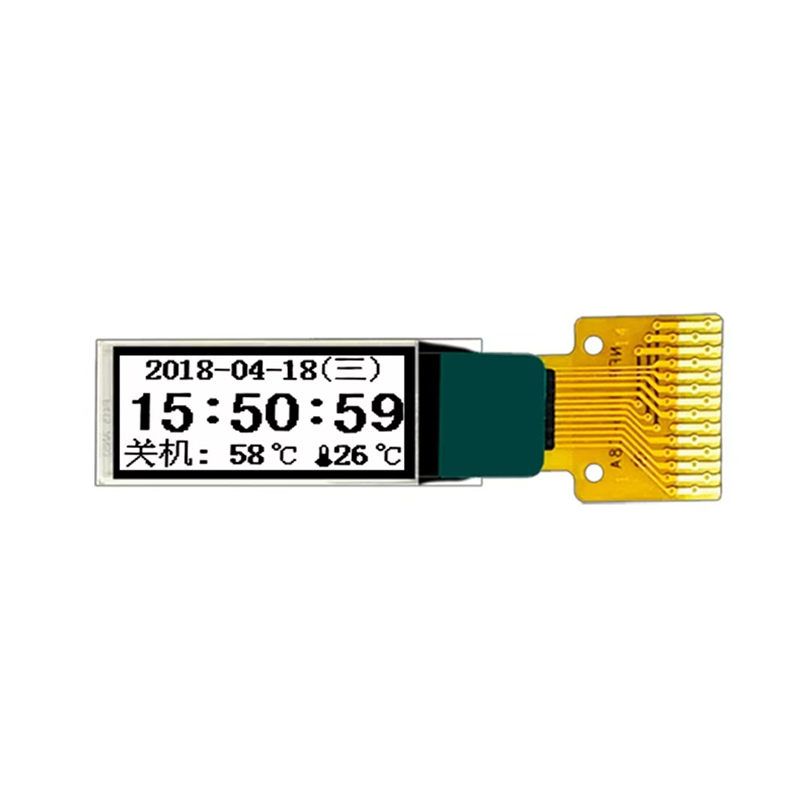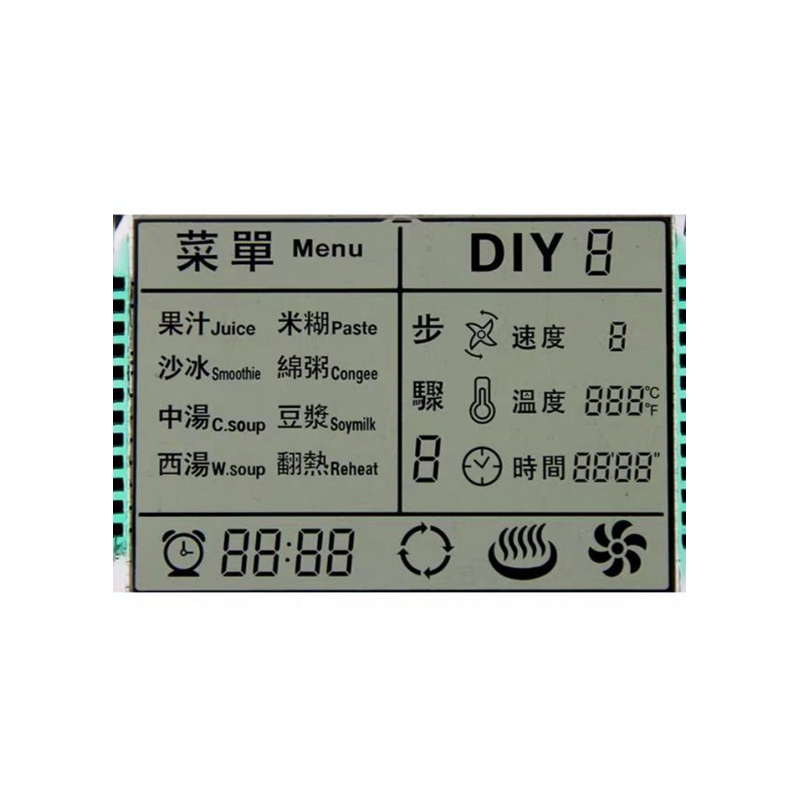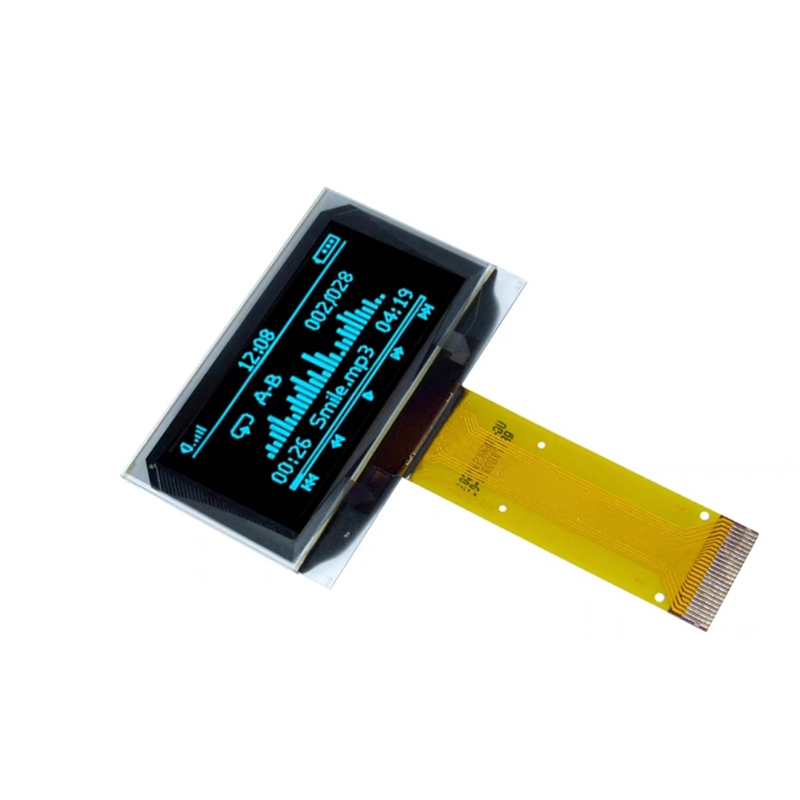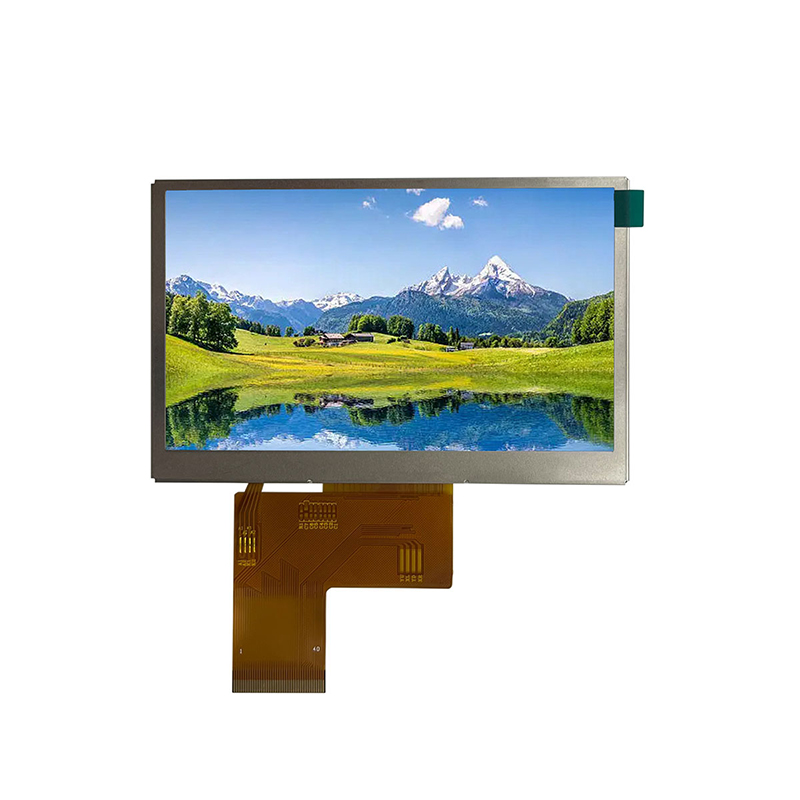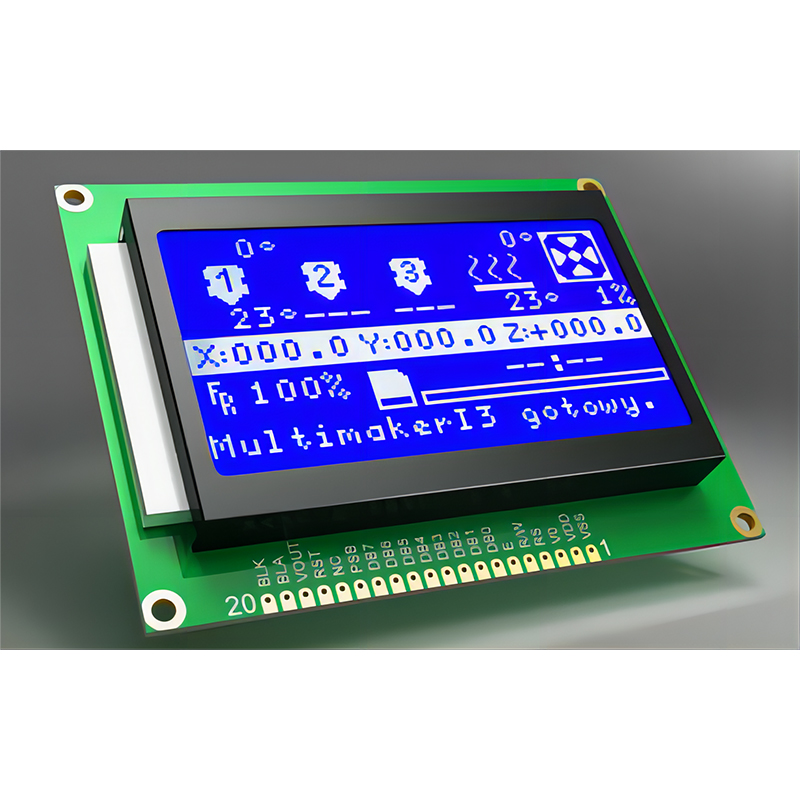
10-Bit AMOLED Displays: A Deep Dive into the Technology and Available ProductsThis article explores the benefits of 10-bit AMOLED displays, examining their technological advantages, comparing them to other display technologies, and highlighting examples of products currently available on the market. We'll delve into the specifics of color depth, contrast ratios, and overall image quality, helping you understand what makes a 10-bit AMOLED display stand out.
Dive into the world of vibrant visuals and superior image quality with 10-bit AMOLED displays. Learn about the technology behind these stunning screens, discover their advantages over other display types, and explore the diverse range of products utilizing this advanced technology.
AMOLED (Active-Matrix Organic Light-Emitting Diode) displays are known for their deep blacks, vibrant colors, and wide viewing angles. A 10-bit AMOLED display takes this technology a step further by offering 1024 shades per color channel (red, green, and blue). This significantly increases the color depth, resulting in smoother gradients and a more realistic image. In contrast, an 8-bit display only offers 256 shades per channel.
The jump from 8-bit to 10-bit results in a noticeable improvement in image quality. The increased color depth leads to a richer, more nuanced palette, making images appear smoother and more natural. This is particularly noticeable in areas with gradual color transitions, such as skies or skin tones. The difference is subtle but impactful, resulting in a more immersive viewing experience.
10-bit AMOLED displays often excel in color accuracy, boasting a wider color gamut and better HDR (High Dynamic Range) support. HDR content benefits greatly from the increased color depth and dynamic range, delivering more lifelike contrast and detail. This enhances the visual impact of movies, games, and other HDR-compatible content. Many high-end smartphones and premium televisions utilize this technology.
| Feature | 10-Bit AMOLED | 8-Bit IPS LCD |
|---|---|---|
| Color Depth | 10-bit (1.07 billion colors) | 8-bit (16.7 million colors) |
| Contrast Ratio | Infinite (theoretically) | 1000:1 to 1500:1 |
| Response Time | Very fast | Relatively slower |
| Power Consumption | Generally higher | Generally lower |
Many flagship smartphones from brands like Samsung, Apple (in some models), and Google utilize 10-bit AMOLED displays. These displays offer stunning visuals for media consumption, gaming, and general use. Specific models vary depending on the release year and pricing tier.
High-end televisions, particularly OLED and QLED models from manufacturers like LG, Samsung, and Sony, often feature 10-bit AMOLED panels (or similar technology providing comparable results). These sets provide an immersive viewing experience for movies and games, thanks to their superior color reproduction and contrast.
Beyond smartphones and televisions, you might find 10-bit AMOLED displays in other devices like high-end laptops, gaming monitors, and professional-grade video editing equipment. The specific applications depend on the need for high-quality visuals.
10-bit AMOLED displays represent a significant advancement in display technology. Their superior color depth, contrast ratio, and HDR support deliver a noticeably more immersive and visually appealing experience compared to their 8-bit counterparts. While they may be more expensive, the enhanced visual fidelity makes them a compelling choice for demanding users who prioritize image quality.
For those interested in high-quality displays for professional or personal use, consider exploring the range of products featuring 10-bit AMOLED technology to elevate your visual experience. If you're looking for high-quality display solutions for your next project, consider contacting Dalian Eastern Display Co., Ltd. for more information.
1 Manufacturer specifications may vary. Please refer to individual product specifications for accurate details.

